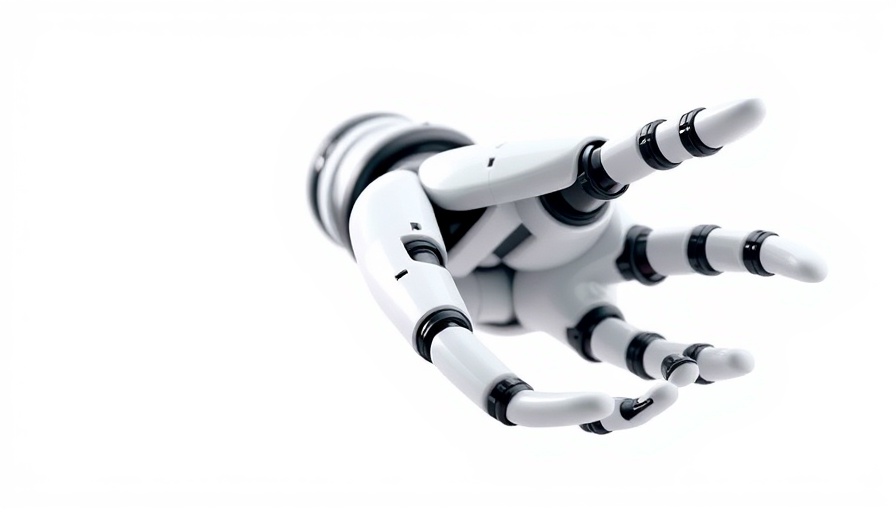
The Rise of AI and Its Impact on Job Markets
The rapid evolution of artificial intelligence (AI) has transformed various sectors, bringing both innovation and disruption. Young software engineering graduates, once hailed as the harbingers of technological advancement, now face an uncertain job market as AI technology continues to advance. The stark reality of job losses due to automation and AI capabilities has dampened hopes and dreams, often leaving new graduates questioning their futures.
Creating a Shift: Why Are Software Graduates Affected?
As industries pivot toward AI-driven solutions, the demand for human input in software development has shifted dramatically. While AI technologies can streamline coding processes and even offer support in debugging, they simultaneously place traditional roles at risk. Software engineering graduates who invested heavily in their education to become valuable assets find themselves in a competitive landscape where their skill sets are rapidly changing.
The Stories of Young Professionals: Navigating Uncertainty
Many young graduates who secured internships and entry-level positions post-graduation had anticipated growth in their careers, but instead faced unexpected layoffs. Take the story of Arun, a fresh graduate who secured a job at a promising startup just before the waves of AI job loss began to hit. Arun shared, “I worked diligently for months, and in an instant, my dream job became a mere footnote in an AI development report.” Arun's experience resonates with many who share the same struggle, underscoring the emotional toll that these job cuts have on individuals, not just professionally but personally.
Understanding the Broader Context: AI's Role in Job Changes
The crux of the issue lies in understanding the balance between technological advancement and employment needs. The current discourse surrounding AI job cuts emphasizes not only the efficiency gained through automation but also the societal necessity for proactive measures to foster job creation. Experts suggest that while some positions will inevitably face obsolescence, new job roles are emerging in AI management, data training, and ethical oversight. Therefore, the adaptation of educational curriculums to include these emerging fields is paramount.
A Call for Resilience: What Can Young Graduates Do?
In these challenging times, resilience and adaptability are crucial for young graduates. Embracing continuous learning through online courses in AI applications and soft skills can open opportunities for roles that require a human touch. Furthermore, networking with professionals in emerging fields can provide insights into various career paths. The initiative taken today can lead to a more promising tomorrow.
Local Support Systems: Community Efforts to Combat Job Losses
Communities are stepping up to support young professionals facing these challenges. Initiatives like local job fairs focusing on AI-related skills and workshops encouraging upskilling are being organized. These efforts ensure that young graduates are not left helpless but are empowered with the knowledge and connections needed to thrive in the changing job market. Residents and local businesses are joining hands, showcasing the power of community resilience in the face of automation.
Conclusion: Turning Challenges into Opportunities
The disruption brought on by AI job losses serves as a crucial reminder of the evolving landscape of work. Though young software engineering graduates face an uphill battle with job cuts and layoffs, their resilience, combined with community support, can lead to new beginnings filled with opportunities. The stories of hope and determination amidst these challenges highlight the undeniable strength of those who refuse to be defined by setbacks.
 Add Row
Add Row  Add
Add 




 Add Row
Add Row  Add
Add 

Write A Comment